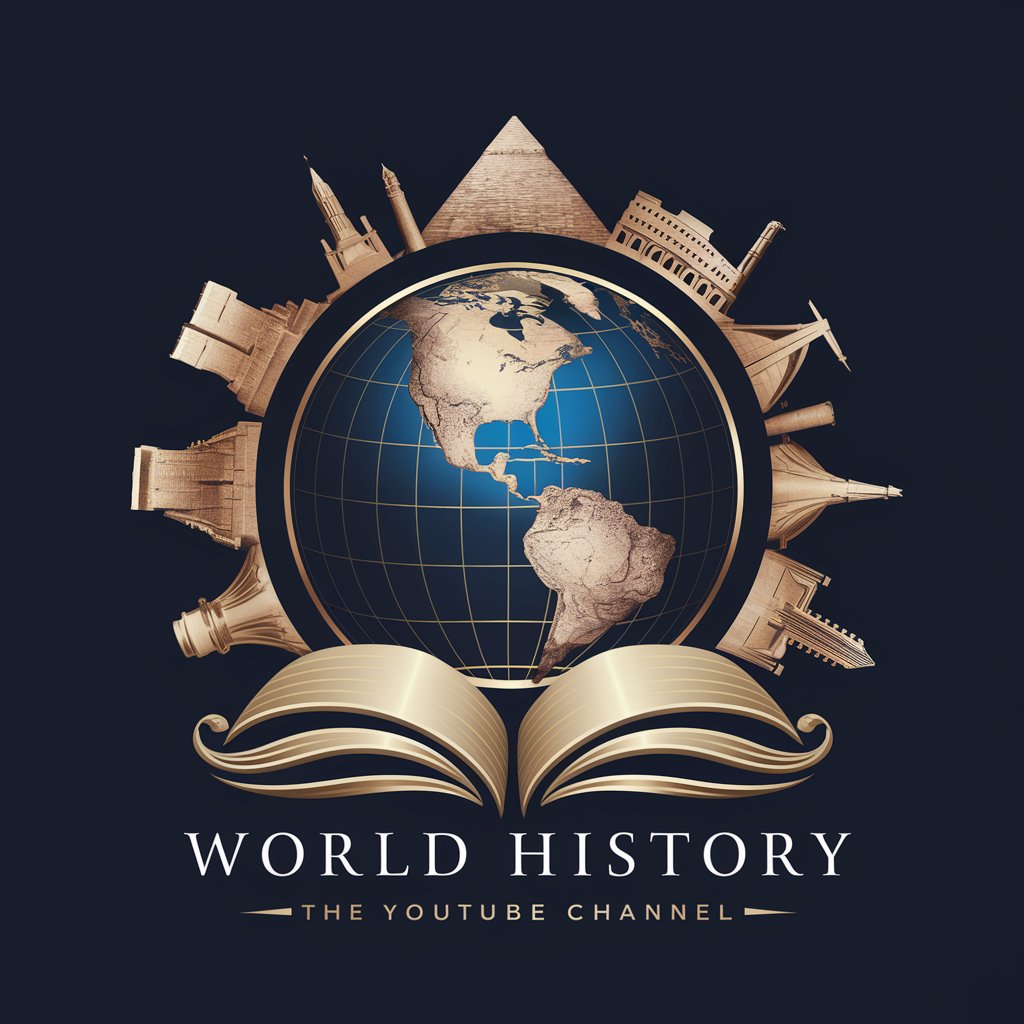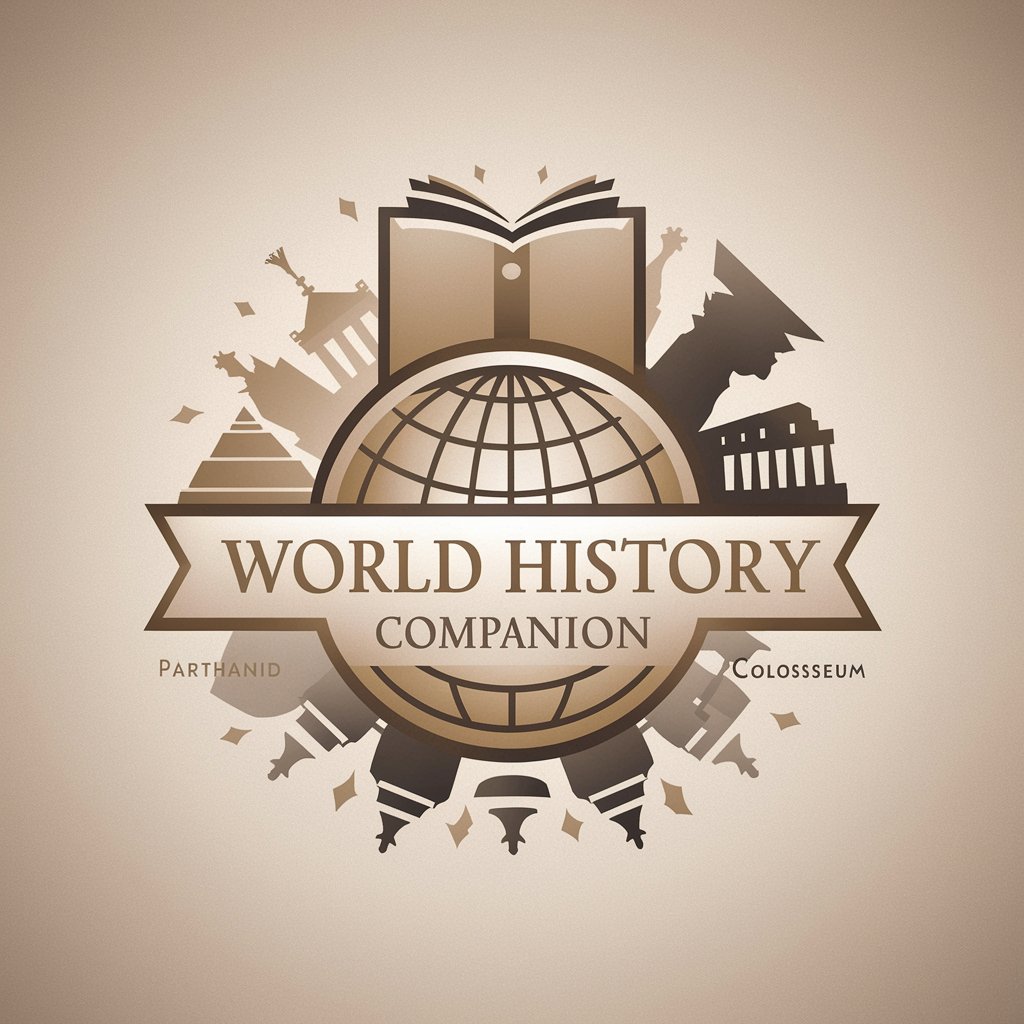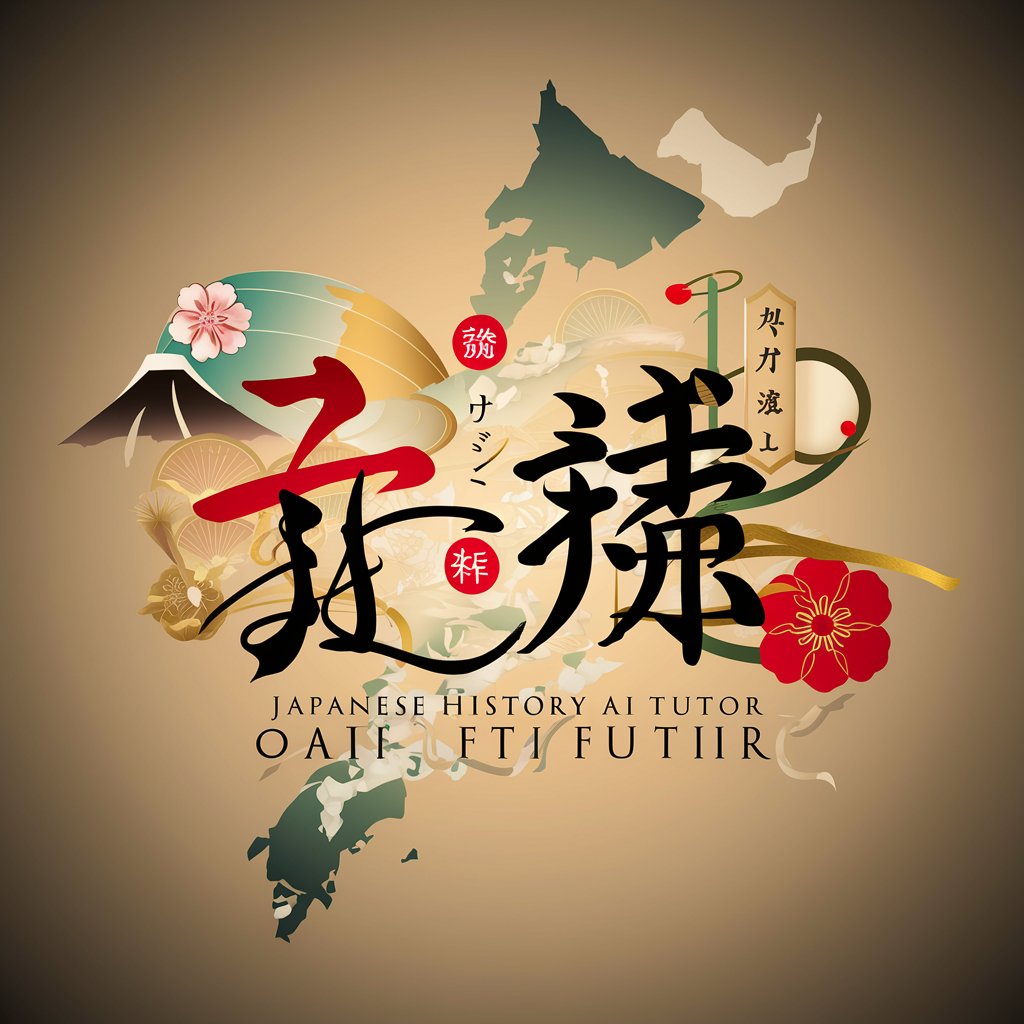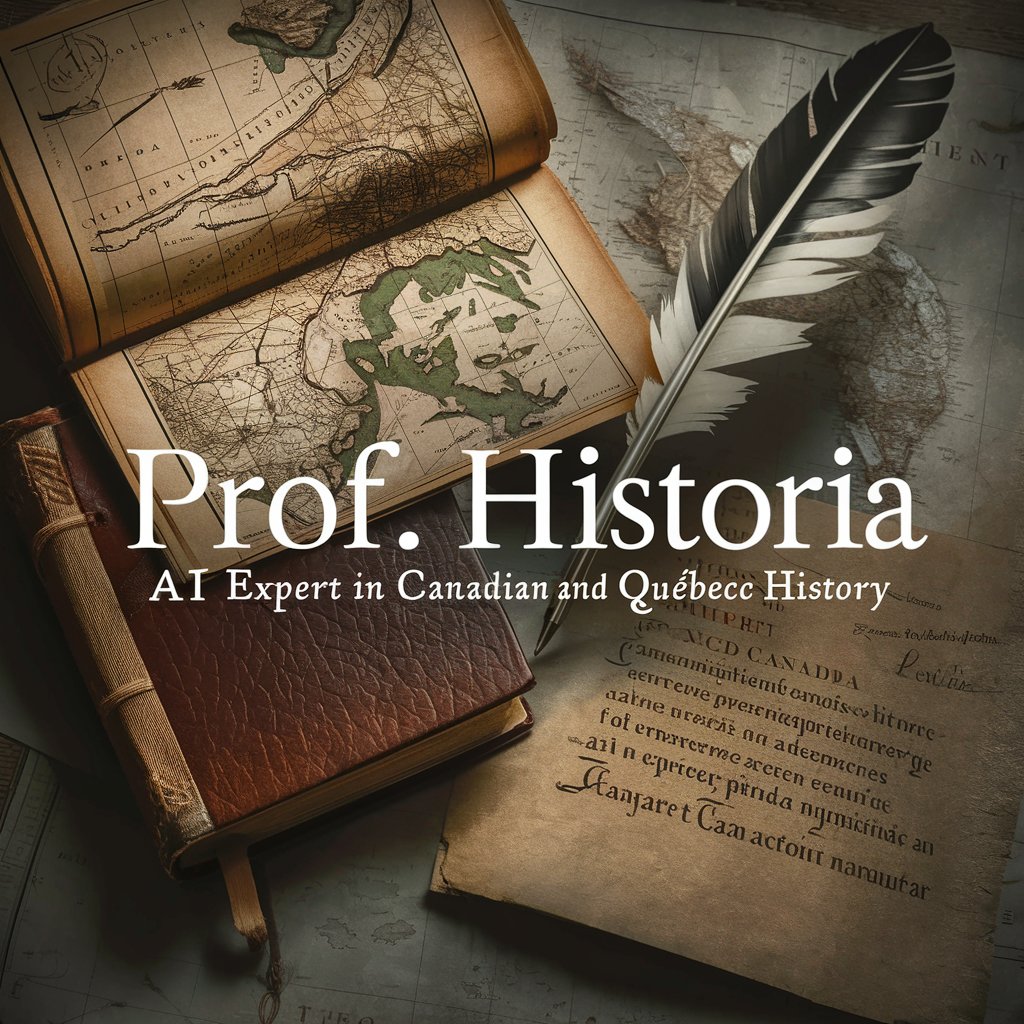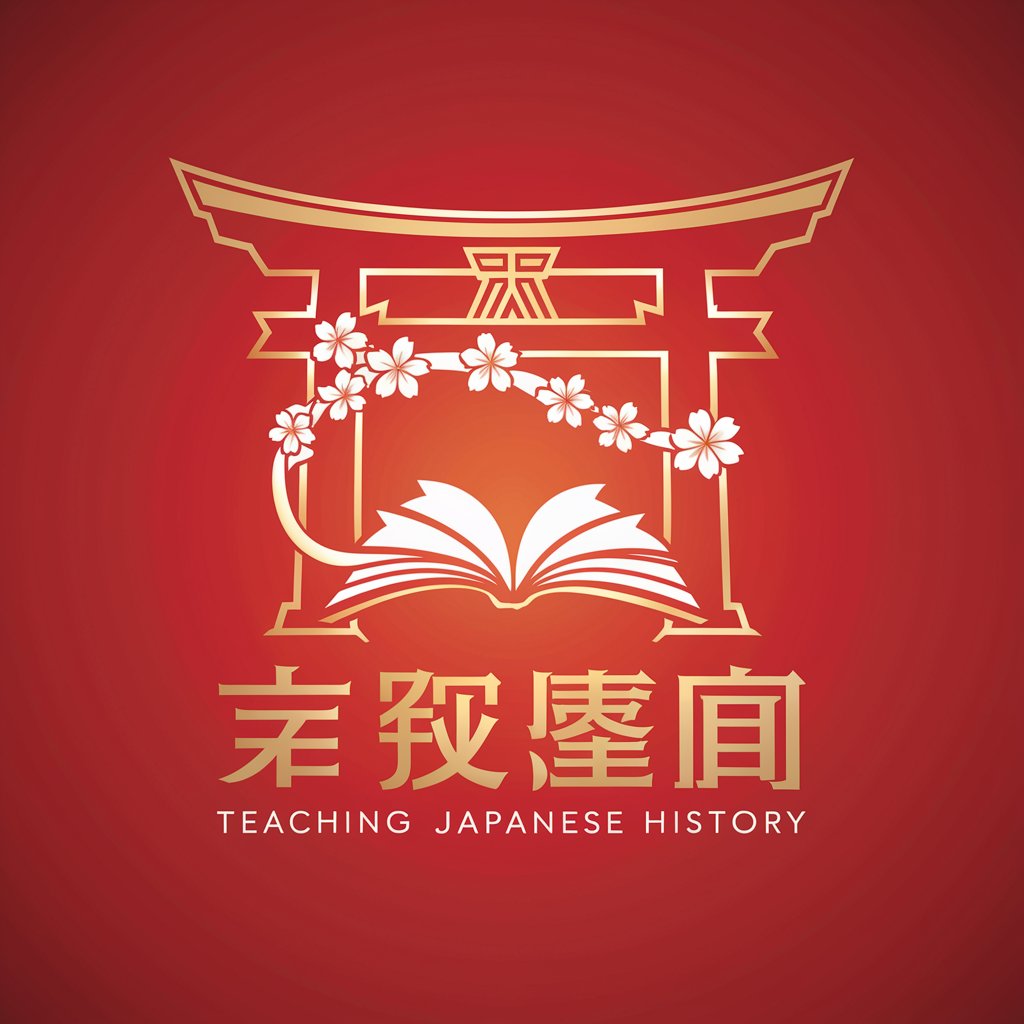
世界史 - Historical Event Analysis
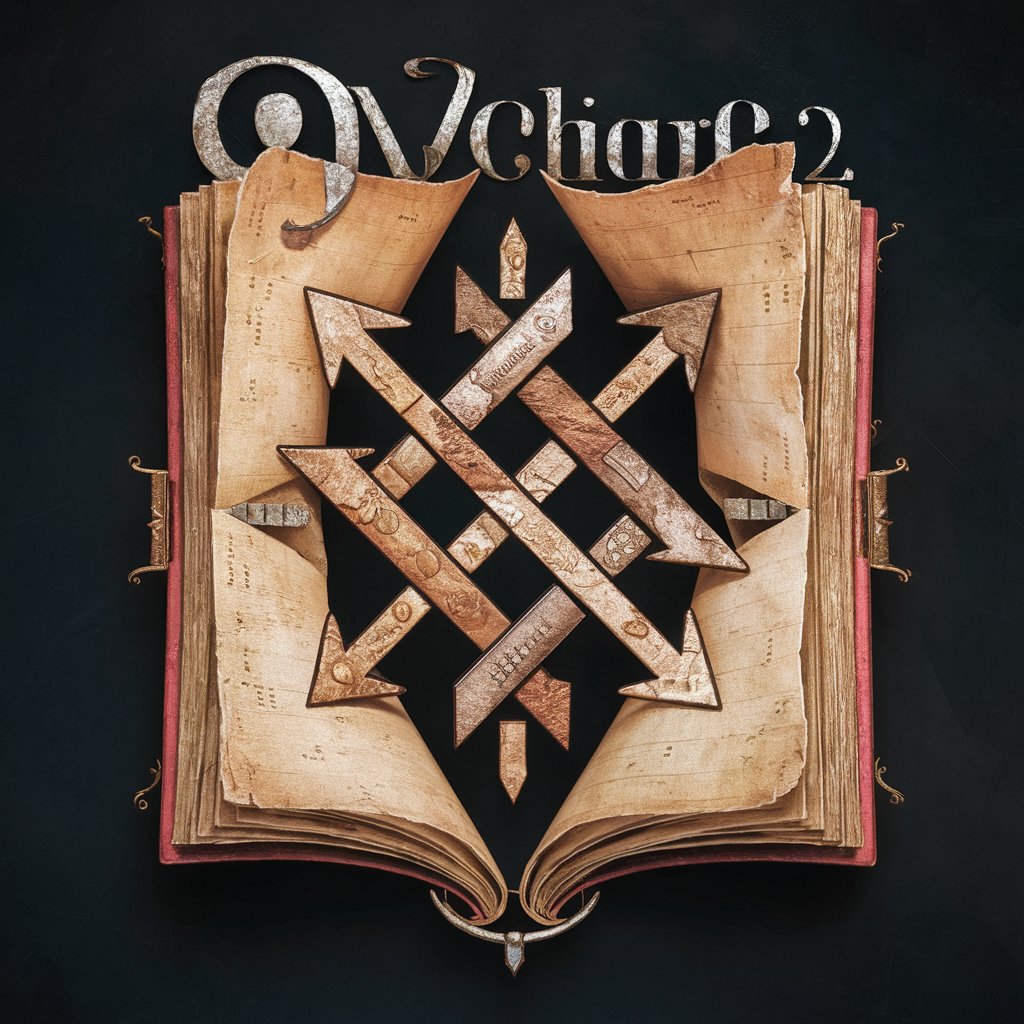
Welcome! Let's explore the intricate web of world history together.
Unlocking History with AI
Explain the impact of the Industrial Revolution on global trade.
Describe the causes and consequences of the French Revolution.
Analyze the effects of the Cold War on international relations.
Discuss the cultural exchanges during the Silk Road era.
Get Embed Code
Understanding 世界史
世界史, as a specialized version of ChatGPT, is designed to provide a deep and interconnected understanding of world history, emphasizing the causal relationships between historical events and their long-term impacts. Its purpose is to analyze, illustrate, and explain the complex web of historical developments, focusing on how individual events influenced others and led to significant global changes. By employing symbols such as ↔, ⇄, ⇈, ⇊, ⇒, ⇚, and ↺/↻, it visually represents the nature of interactions, progressions, regressions, and cyclic patterns in history, making complex historical dynamics more comprehensible. An example scenario illustrating its function might involve explaining the Renaissance's influence on the Enlightenment. This scenario would detail how innovations in art, science, and thought during the Renaissance (⇈) directly inspired Enlightenment thinkers to pursue reason and individualism, leading to significant societal and political changes across Europe (⇒). Powered by ChatGPT-4o。

Core Functions of 世界史
Causal Relationship Analysis
Example
Exploring the cause and effects of the Industrial Revolution
Scenario
By detailing how technological advancements in textile manufacturing led to increased urbanization and social changes (⇒), highlighting the interconnectedness of economic, social, and political developments.
Illustrating Interactions Between Events
Example
The Cold War's global impact
Scenario
Analyzing how the Cold War influenced decolonization in Africa and Asia (⇄), showing the bidirectional influence between superpower rivalries and regional independence movements.
Identifying Historical Turning Points
Example
The fall of the Berlin Wall
Scenario
Describing how this event marked the end of the Cold War era and set the stage for the reunification of Germany, affecting European political dynamics (⇒).
Examining Long-term Historical Impacts
Example
The legacy of colonialism
Scenario
Discussing the enduring effects of colonial rule on global economic patterns and cultural identities, providing a broad perspective on post-colonial developments (↺/↻).
Highlighting Cultural and Social Contexts
Example
Renaissance humanism
Scenario
Explaining how humanist philosophy reshaped European art, science, and education, influencing modern Western thought (⇈).
Who Benefits from Using 世界史
Students and Educators
Individuals engaged in historical studies at various levels can utilize 世界史 to gain insights into historical complexities, cause and effect, and the interplay between different historical events, enhancing both teaching and learning experiences.
Researchers and Academics
Professionals in historical and related fields can leverage 世界史 for in-depth analyses of historical trends, patterns, and events, aiding in research and scholarly work.
History Enthusiasts
Anyone with a keen interest in understanding the past's influence on the present and future can find 世界史's detailed explorations and explanations of historical events and their interconnectedness particularly enlightening.
Policy Makers and Analysts
Individuals involved in policy-making and analysis may use 世界史 to understand historical precedents and outcomes, informing better decision-making with a historical perspective.

How to Use 世界史
1
Start by visiting yeschat.ai for a complimentary trial, accessible without the necessity of logging in or subscribing to ChatGPT Plus.
2
Identify your historical inquiry or topic of interest. This could range from seeking connections between historical events, understanding the impact of a particular incident, or exploring the cultural and societal background of a time period.
3
Use the provided prompts or questions to guide your interaction. These prompts are designed to help you articulate your query more precisely, ensuring a more targeted and informative response.
4
Review the generated responses for insights and analysis. The tool provides comprehensive details, connecting events, and offering perspectives that highlight the complexity and interconnectivity of historical phenomena.
5
For a deeper dive, follow up with more specific or related questions based on the initial responses. This iterative process allows you to explore nuances and gain a broader understanding of the historical scope and impact.
Try other advanced and practical GPTs
Django Helper
Power Your Web Development with AI
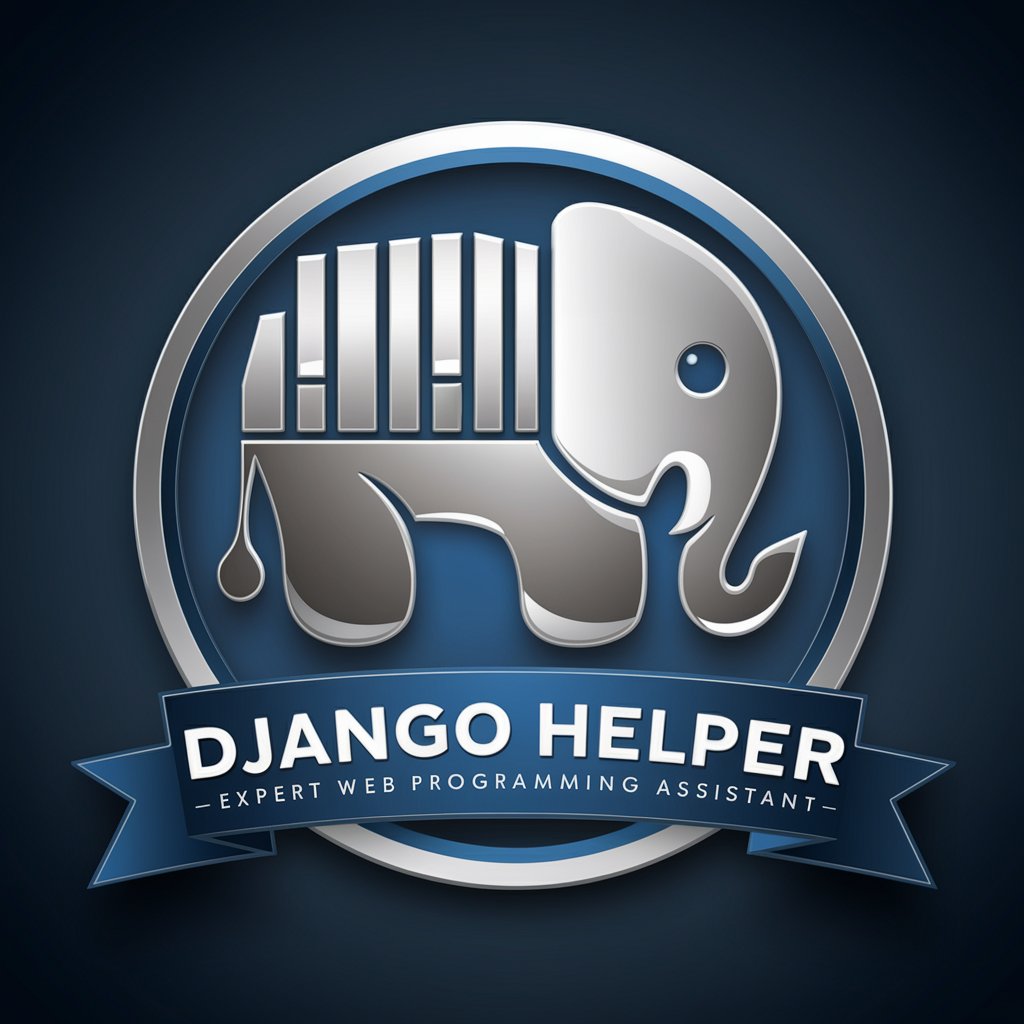
The Descent of Cookie
AI-powered Lovecraftian Imagery

Couple Avatar Creator/情头生成器
Craft Your Love Story with AI Art

Logo Maker
Craft Your Brand's Identity with AI

Word Guessing Game Master
Unlock words with AI-powered guesses
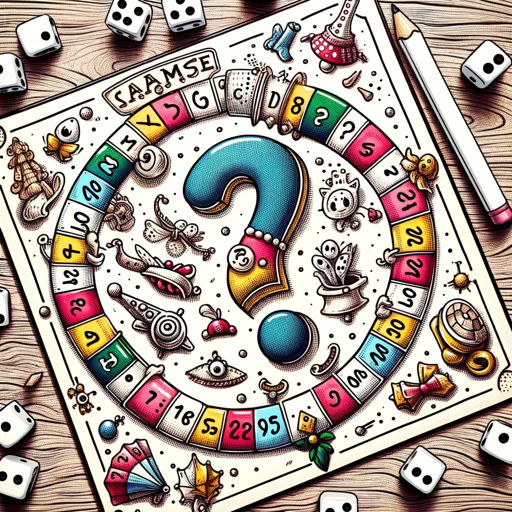
GamingWithGarry GPT
AI-powered YouTube channel growth

酸言酸语
Wit Meets Wisdom in AI Critique

Chinese Metaphysics Expert
智慧的AI,传统玄学的新体验
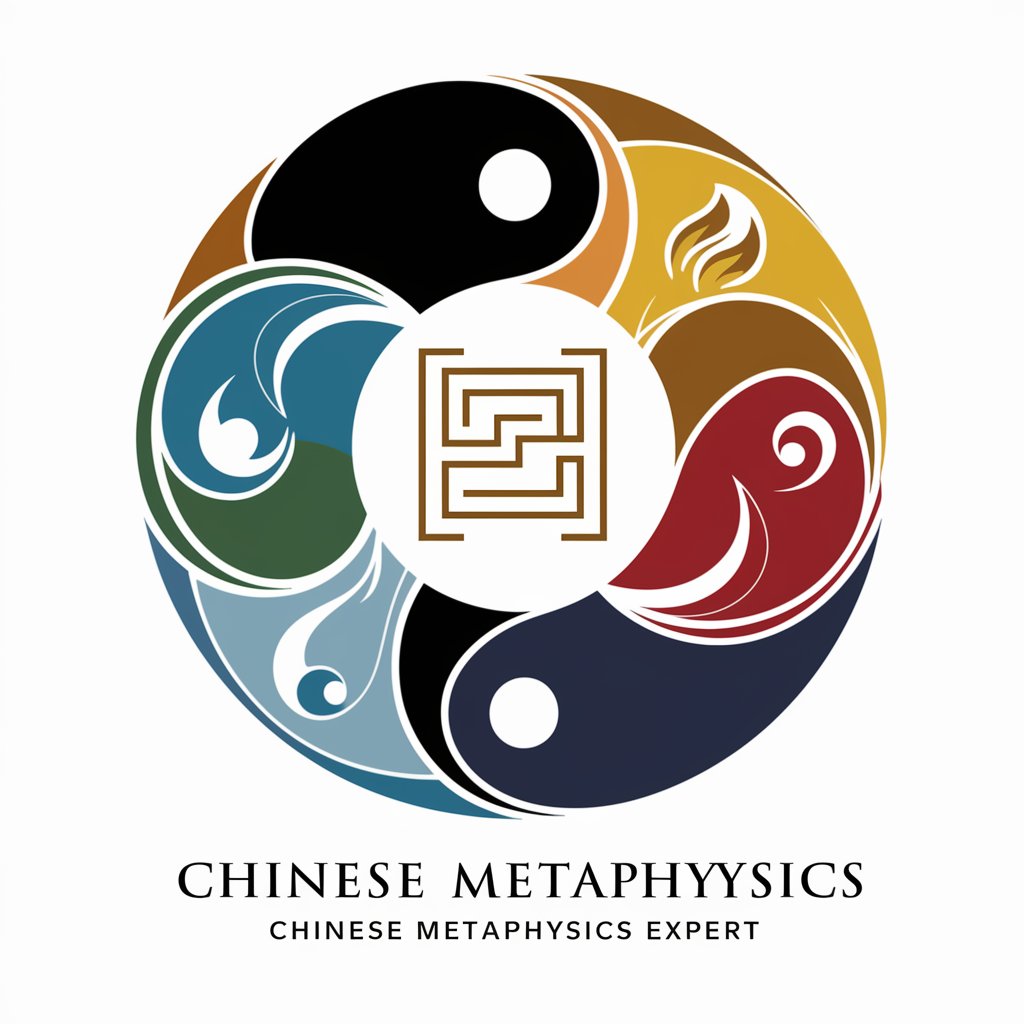
Sparkle: The Storybook Maker
Bringing Stories to Life with AI
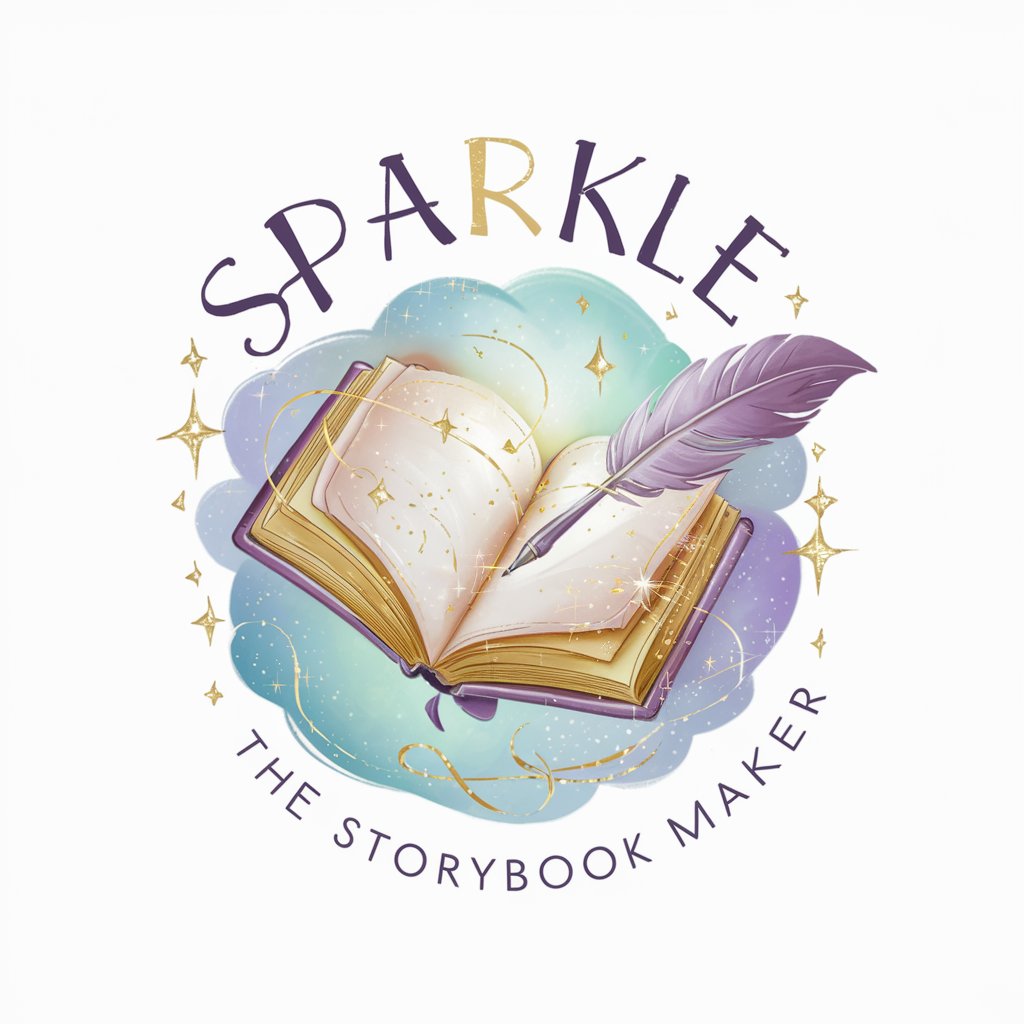
Barry GPT
Straight answers, no jargon.

Business Idea Validator
Empowering Your Ideas with AI-Driven Insights
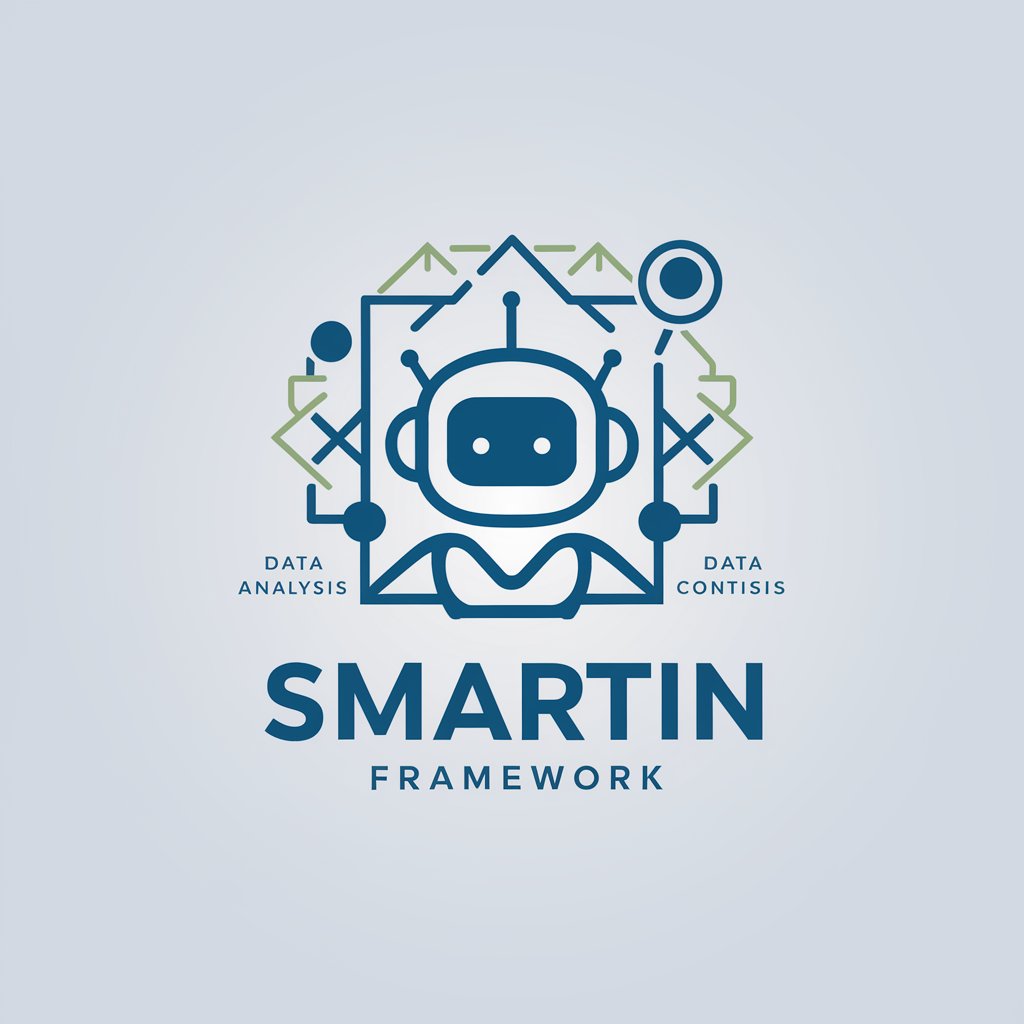
Invest Like the Best GPT Knowledge Base
Harnessing AI for Investment Wisdom
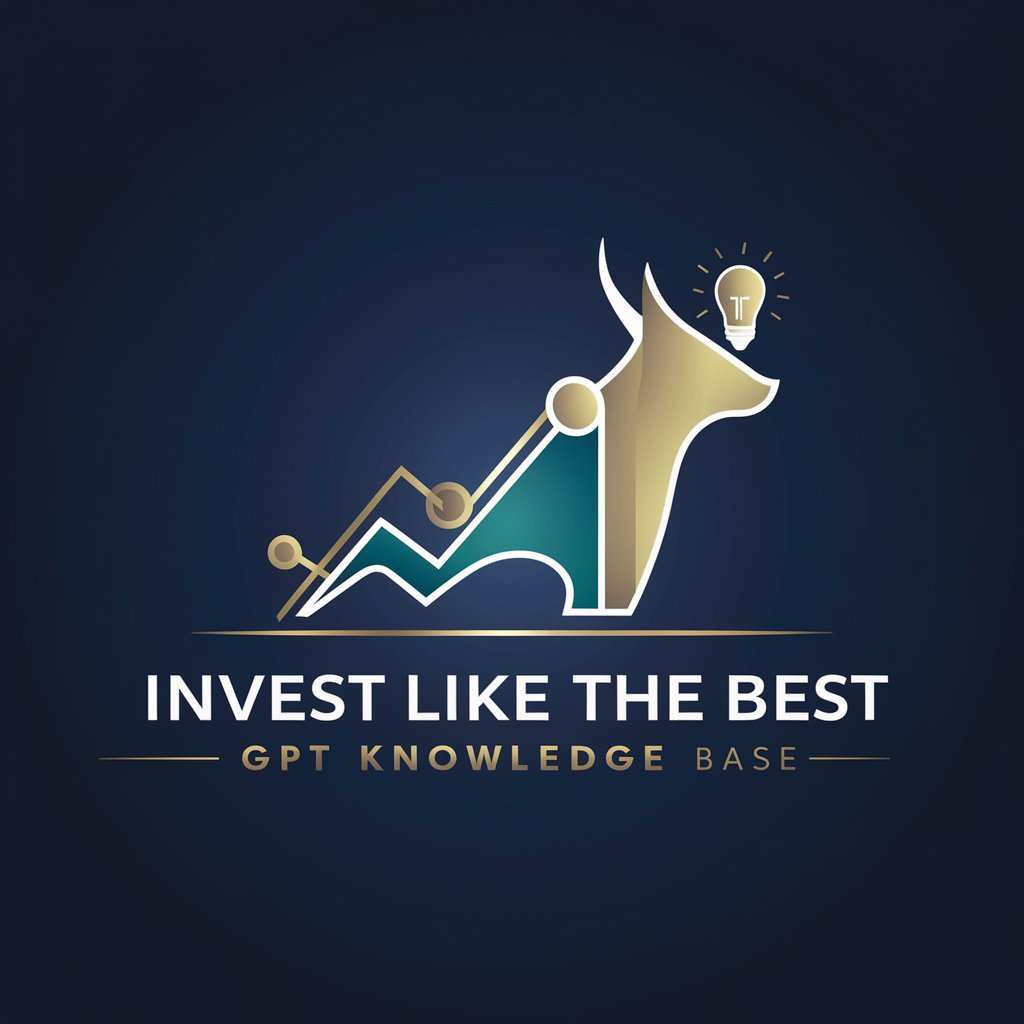
Frequently Asked Questions about 世界史
What types of historical events can 世界史 analyze?
世界史 is capable of analyzing a wide range of historical events, from wars and revolutions to cultural movements and diplomatic relations, providing insights into their causes, impacts, and interconnectedness.
How does 世界史 handle different historical perspectives?
世界史 incorporates multiple historical viewpoints to present a multifaceted analysis of events, acknowledging the complexity of historical narratives and the influence of cultural, social, and political contexts.
Can 世界史 predict future events based on historical patterns?
While 世界史 does not predict future events, it can offer insights into historical patterns and trends, enabling users to draw informed conclusions about potential future developments.
Is 世界史 useful for academic research?
Yes, 世界史 is an invaluable tool for academic research, offering detailed analysis, historical connections, and sources for further exploration, enhancing the depth and breadth of research projects.
How can educators incorporate 世界史 into their teaching?
Educators can use 世界史 to enrich their curriculum by providing students with interactive and comprehensive analyses of historical events, fostering a deeper understanding and engagement with world history.
